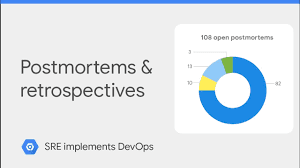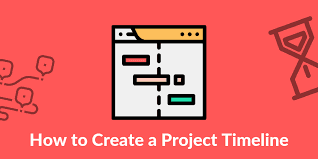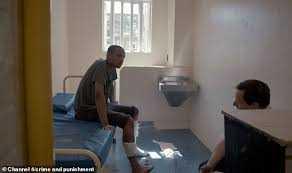Explore the World's Best Ideas
Join today and uncover 100+ curated journeys from 50+ topics. Unlock access to our mobile app with extensive features.
Postmortems vs Learning Reviews
Most companies conduct postmortems at a project’s end to analyze and outline the factors that contributed to its failure. But this reflection, examination and evaluation might not be as useful as most wait for failures to conduct them and stop the analysis once the guilty are identified.
Failures don't happen frequently enough to learn at the rate that’s needed to really thrive in a competitive environment. Learning reviews, on the other hand, aim to gather information and can be conducted after each experiment or iteration allowing improvements regardless of successes.
4
1 read
MORE IDEAS ON THIS
Achieving Closure
- Determine and rank the steps that should be taken to change the conditions that brought the incident in the first place.
- To keep the learning review focused, prioritize and discuss these action items in separate follow-up meetings with the relevant people.
5
2 reads
Build a Timeline
A timeline is an account of what happened by the people who were involved and impacted. Create a timeline with input from as many people from diverse points of view. With some training, anyone in the organization can do it.
A good timeline shows not just what happened, but...
4
1 read
Don’t Trade Context For Convenience
Blame and biases — such as hindsight bias — give us a convenient story about what happened in any negative situation. To the extent that a story feels comfortable, we believe that it's true but when we get to that convenient point we stop learning.
Skipping the learnin...
4
1 read
Setting Context To Maximize Learning
- Repeatedly remind your team that they’re part of a learning organization to make them focus on learning.
- Remind your people that you are all operating within complex systems, thus failures can be unpredictable.
- Focus on the context of the incident and assure everyone that no...
4
1 read
Principles To Build a Robust Timeline
- Ask each individual involved to share what they knew, when they knew it and how they knew it. There are a few points to emphasize:
- Ask for descriptions without explanations
- Ask for timestamps (or estimates) of when they knew what they knew
- Systematically as...
5
2 reads
The Hidden Harm Of Punishments
To extract a full account of the incident, remove blame and punishment on an organizational level from your retrospectives. You get there easier by reducing the fear and biases that creep in during the investigation of failures, and by choosing reconciliation and immunity over retribution....
4
1 read
More like this
Postmortems vs Learning Reviews
Most companies conduct postmortems at a project’s end to analyze and outline the factors that contributed to its failure. But this reflection, examination and evaluation might not be as useful as most wait for failures to conduct them and stop the analysis once the guilty are identified.
Fa...
Read & Learn
20x Faster
without
deepstash
with
deepstash
with
deepstash
Access to 200,000+ ideas
—
Access to the mobile app
—
Unlimited idea saving & library
—
—
Unlimited history
—
—
Unlimited listening to ideas
—
—
Downloading & offline access
—
—
Personalized recommendations
—
—
Supercharge your mind with one idea per day
Enter your email and spend 1 minute every day to learn something new.
I agree to receive email updates






